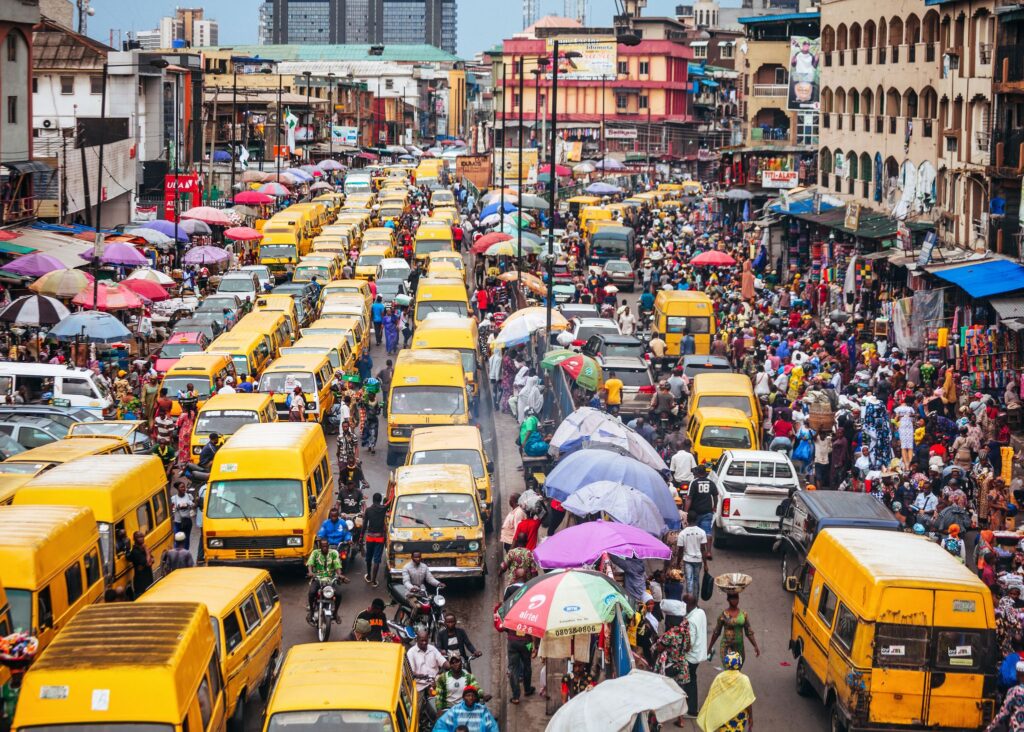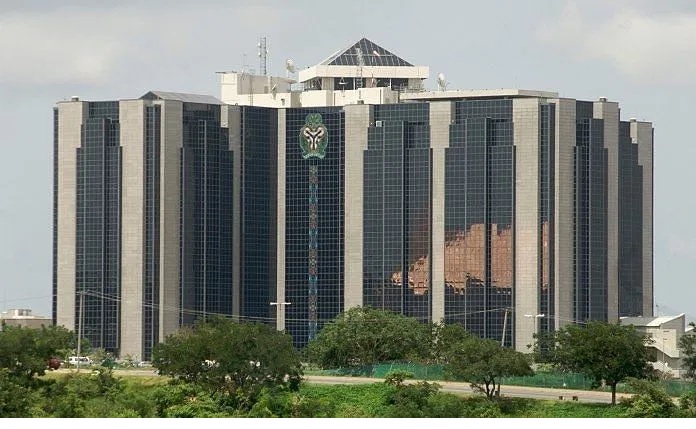
Lagos Leads The List Of Nigeria’s Most Indebted State With N2.65 trillion: Full List – DMO Report
Nigeria’s subnational debt burden continues to highlight widening fiscal disparities, as fresh data reveal that several states remain heavily indebted both domestically and externally.
According to the latest report from the Debt Management Office (DMO), Lagos State leads the chart with a total debt stock of ₦2.65 trillion, consisting of ₦1.04 trillion in domestic borrowings and $1.05 billion in external loans.
The DMO figures show that the combined external debt stock of Nigeria’s 36 states and the Federal Capital Territory (FCT) rose to $4.81 billion as of June 2025, equivalent to approximately ₦11.32 trillion based on an exchange rate of ₦1,529.21 per dollar.
The exchange rate estimate was derived by Nairametrics Research from the total public debt data released by the DMO. Most of these external debts were sourced from multilateral and bilateral financial institutions.
On the domestic front, the aggregate debt of the states and FCT increased to ₦3.96 trillion ($2.59 billion) as of June 2025 — a 2.48% rise from the ₦3.87 trillion ($2.52 billion) recorded in March 2025.
Meanwhile, Nigeria’s total external debt, including that of the Federal Government, climbed to $46.98 billion during the same period, signaling continued fiscal pressure on both national and subnational budgets.
Top 10 Most Indebted States by their total debt
10. Imo – N64 billion
Imo State’s total debt stood at about N262.64 billion in JUNE 2025. Of this, N97.98 billion represents domestic debt which dropped by a 19.75% from the N122.09 billion recorded in March 2025, showing progress in local debt reduction.
However, the state’s external debt remains significant at $107.67 million (N164.65 billion), forming a large chunk of its total liabilities.
9. Delta State – N291.95 billion
Delta State’s total debt stood at N291.95 billion, made up of N204.67 billion in domestic loans and $57.07 million (N87.28 billion) in foreign debt.
Its domestic debt saw a minor decline of 0.03%, suggesting limited new borrowing and some debt servicing within the quarter.
8. Enugu State – N355.35 billion
Enugu State’s total debt climbed to N355.35 billion, with N180.49 billion in domestic borrowings and $114.35 million (N174.86 billion) in foreign obligations.
The 4.21% increase in domestic debt signals additional borrowing during the quarter, likely to finance infrastructure or close budget gaps.
7. Bauchi – N407.83 billion
Bauchi State’s total debt reached N407.83 billion, up slightly by 0.85% from MARCH 2025. The state owes N143.62 billion domestically and about $172.78 million (N264.21 billion) externally.
Much of its external debt is linked to developmental loans for education, infrastructure, and governance reforms.
6. Cross River– N455.34billion
Cross River State’s debt stock rose sharply to N455.34 billion in JUNE 2025. Domestic debt jumped 27.94%, from N115.12 billion to N147.28 billion, making it one of the fastest-growing subnational debt portfolios in the quarter.
Its external debt also stood high at $201.45 million (N308.06 billion), driven by obligations to multilateral and bilateral lenders.
5. Ogun State – N491.28 billion
Ogun State’s total debt stood at N491.28 billion, made up of N162.92 billion in domestic debt and $214.73 million (N328.36 billion) in foreign loans.
Interestingly, its domestic debt fell by 14.31% from N190.14 billion in March 2025 — an indication of partial repayments or reduced borrowing. However, the state still has a large foreign exposure tied to infrastructure and development projects.
4. Edo State – N596.90 billion
Edo State remains one of Nigeria’s top debt-heavy states, with a total stock of N596.9 billion. Its domestic debt declined slightly to N80.32 billion, while its external debt stood at $337.81 million (N516.58 billion).
Edo’s foreign obligations remain among the highest in the country, reflecting its active engagement with international lenders for capital projects.
3. Rivers State – N641.29 billion
Rivers State’s total debt profile stood at N641.29 billion, combining both domestic and external borrowings.
Breaking it down, the state’s domestic debt remained flat at N364.39 billion, showing no change from the previous quarter. This indicates that the state neither took on significant new loans nor paid off a notable portion of its existing domestic obligations during the period.
Externally, the state owes $181.07 million (N276.9 billion), making it one of the few subnationals with a large but stable debt profile.
2. Kaduna State – N1.03 trillion
Kaduna ranks second on the list with a total debt stock of about N1.03 trillion as of JUNE 2025. While its domestic debt dropped slightly to N24.09 billion, from N25.01 billion recorded in March 2025, the bulk of Kaduna’s debt burden comes from its external loans, which stand at $658.71 million (N1.01 trillion), one of the highest among all Nigerian states.
This high exposure is linked to several development and infrastructure projects financed through foreign credit lines.
1. Lagos State – N2.65 trillion
Lagos remains Nigeria’s most indebted state, with a total debt burden of N2.65 trillion as of June 2025. The state’s domestic debt rose sharply to N1.04 trillion, representing a 19.14% increase from N874.04 billion in March 2025.
Lagos also carries the highest external debt among all states at $1.05 billion (N1.61 trillion). The rise reflects continued borrowing to fund major infrastructure, transportation, and urban projects across the state.
External debt exposure: States still heavily owing in US dollars
Collectively, Nigerian states owed about $4.81 billion as of June 2025.
Lagos alone accounts for a significant share of this, followed by Kaduna ($658.7 million), Edo ($337.8 million), Ogun ($214.7 million), Cross River ($201.4 million), Rivers ($181.1 million), and Bauchi ($172.8 million).
In contrast, states like Yobe ($23.08 million), Benue ($23.41 million), Jigawa ($24.51 million), and the FCT ($19.27 million) have the lowest levels of external debt exposure.
The Federal Government (FGN) remains responsible for the bulk of Nigeria’s external debt, holding $42.12 billion, which accounts for about 90% of the nation’s total foreign debt stock of $46.98 billion.
What this means
As of mid-2025, Lagos, Rivers, Delta, Enugu, and Ogun remain the states with the largest debt profiles in Nigeria.
While some states managed to slightly reduce their domestic borrowings, most still struggle with rising debt obligations amid poor revenue generation.
The overall picture shows that Nigeria’s subnational debt is heavily concentrated among a few big states, many of which rely on continuous borrowing to meet capital and recurrent spending. Unless states double down on internal revenue generation and improve fiscal discipline, debt sustainability could become an increasing challenge in the coming years.
About Author
Discover more from BillionBill
Subscribe to get the latest posts sent to your email.


